Generating water from thin air can solve water woes for remote communities and arid regions but the technology is too expensive for them to afford it.
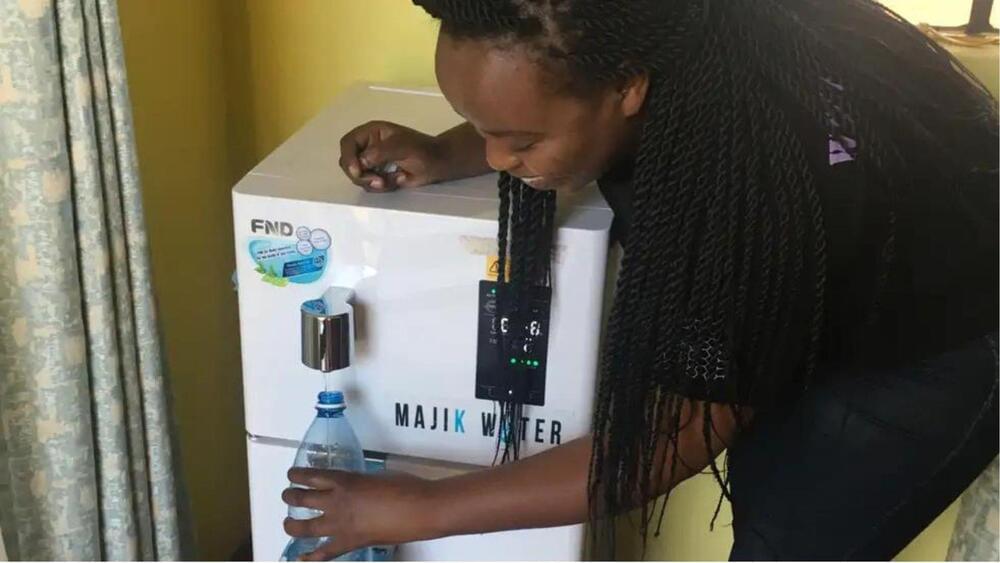

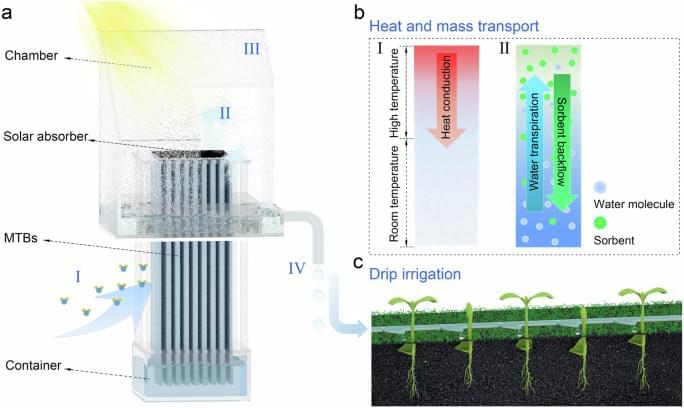
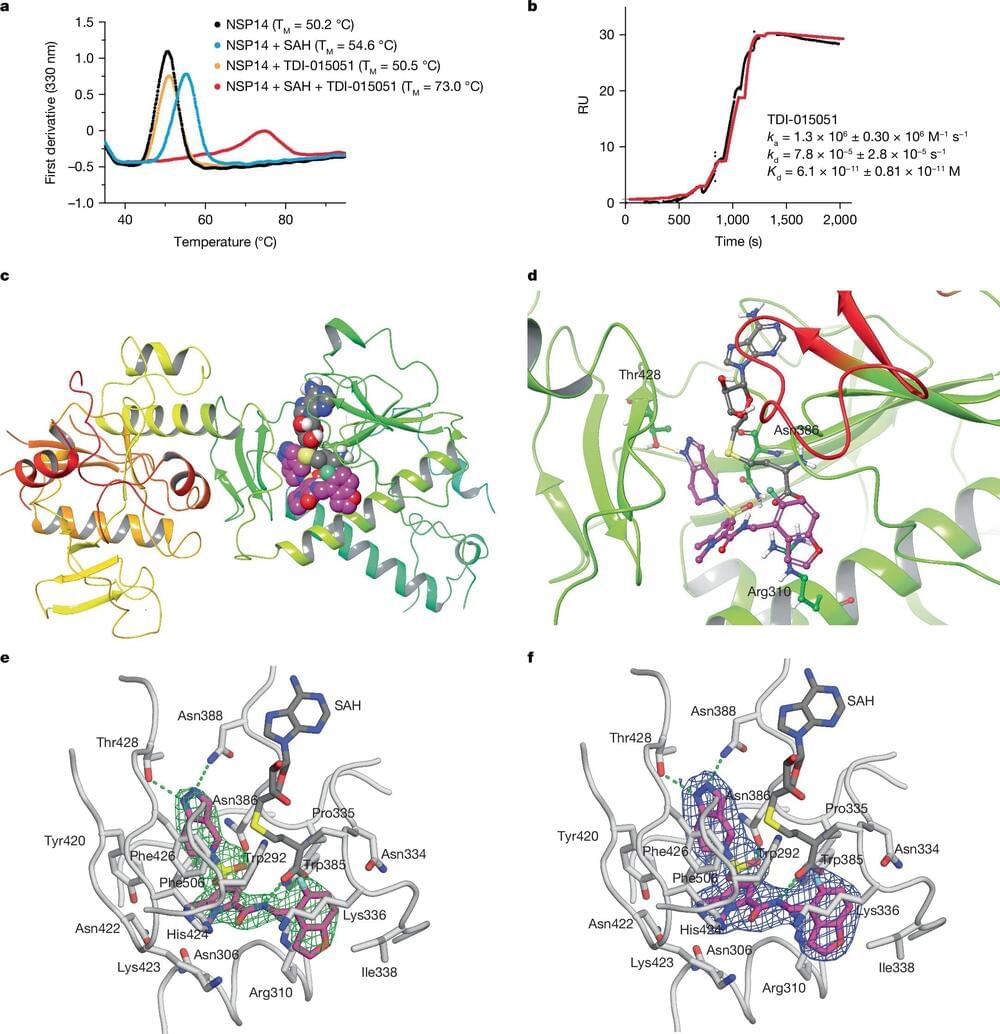
The arrival of Paxlovid in December 2021 marked another turning point in the COVID-19 pandemic—an effective antiviral that has since successfully treated millions. But like many antivirals before it, scientists know that at some point, Paxlovid is likely to lose some efficacy due to drug resistance. Researchers working to stay ahead of such emerging threats have now identified a wholly new way to treat SARS-CoV-2 infections—work that may have even broader implications.
In fact, a new study by the Tuschl laboratory introduces a proof-of-concept for a novel class of antivirals that would target a type of enzyme essential not just to SARS, but also many RNA viruses, including Ebola and dengue, as well as cytosolic-replicating DNA viruses, including Pox viruses. The findings may pave the way for a faster and more robust response to future pandemics.
“Nobody has found a way to inhibit this enzyme before,” says Thomas Tuschl, the F. M. Al Akl and Margaret Al Akl professor at Rockefeller. “Our work establishes cap methyl transferase enzymes as therapeutic targets and opens the door to many more antiviral developments against pathogens that until now we’ve had only limited tools to fight.”
Anyone who has operated a 3D printer before, especially those new to using these specialized tools, has likely had problems with the print bed. The bed might not always be the correct temperature leading to problems with adhesion of the print, it could be uncalibrated or dirty or cause any number of other issues that ultimately lead to a failed print. Most of us work these problems out through trial and error and eventually get settled in, but this novel 3D printer instead removes the bed itself and prints on whatever surface happens to be nearby.
The printer is the product of [Daniel Campos Zamora] at the University of Washington and is called MobiPrint. It uses a fairly standard, commercially available 3D printer head but attaches it to the base of a modified robotic vacuum cleaner. The vacuum cleaner is modified with open-source software that allows it to map its environment without the need for the manufacturer’s cloud services, which in turn lets the 3D printer print on whichever surface the robot finds in its travels. The goal isn’t necessarily to eliminate printer bed problems; a robot with this capability could have many more applications in the realm of accessibility or even, in the future, printing while on the move.
There were a few surprising discoveries along the way which were mentioned in an IEEE Spectrum article, as [Campos Zamora] found while testing various household surfaces that carpet is surprisingly good at adhering to these prints and almost can’t be unstuck from the prints made on it. There are a few other 3D printers out there that we’ve seen that are incredibly mobile, but none that allow interacting with their environment in quite this way.
A team of Chinese researchers from Xiamen University has won the 2023 “Best Paper Prize” from Applied Optics for their groundbreaking work on a single-photon Raman lidar system. Published in June last year, their paper outshone 1,278 other submissions, securing the top spot.
The paper presented radar technology capable of detecting objects at significant depths with such clarity that it has been compared to “fishing for a needle in the sea.”
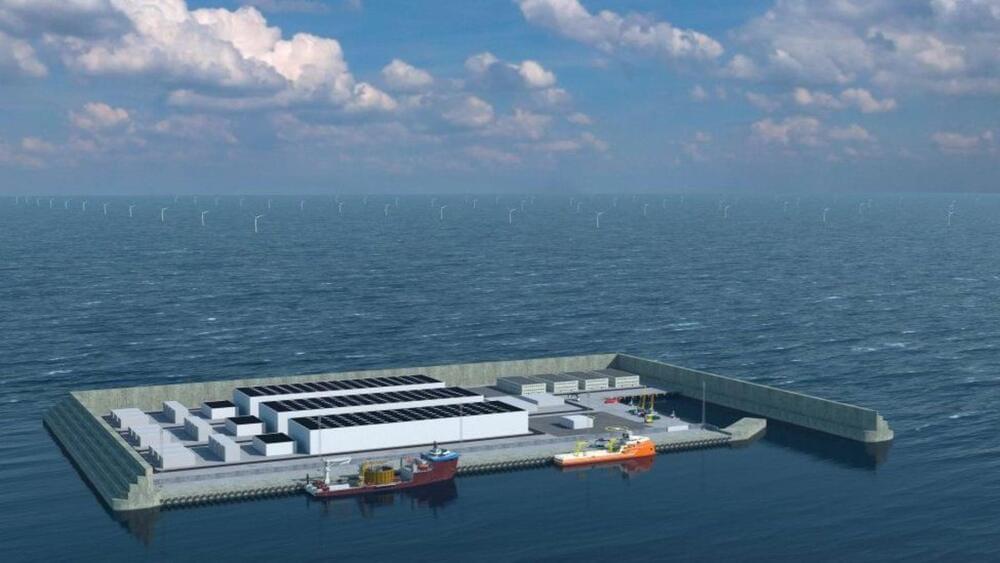

A new class of magnetism called altermagnetism has been imaged for the first time in a new study. The findings could lead to the development of new magnetic memory devices with the potential to increase operation speeds of up to a thousand times.
Altermagnetism is a distinct form of magnetic order where the tiny constituent magnetic building blocks align antiparallel to their neighbors but the structure hosting each one is rotated compared to its neighbors.
Scientists from the University of Nottingham’s School of Physics and Astronomy have shown that this new third class of magnetism exists and can be controlled in microscopic devices. The findings have been published in Nature.
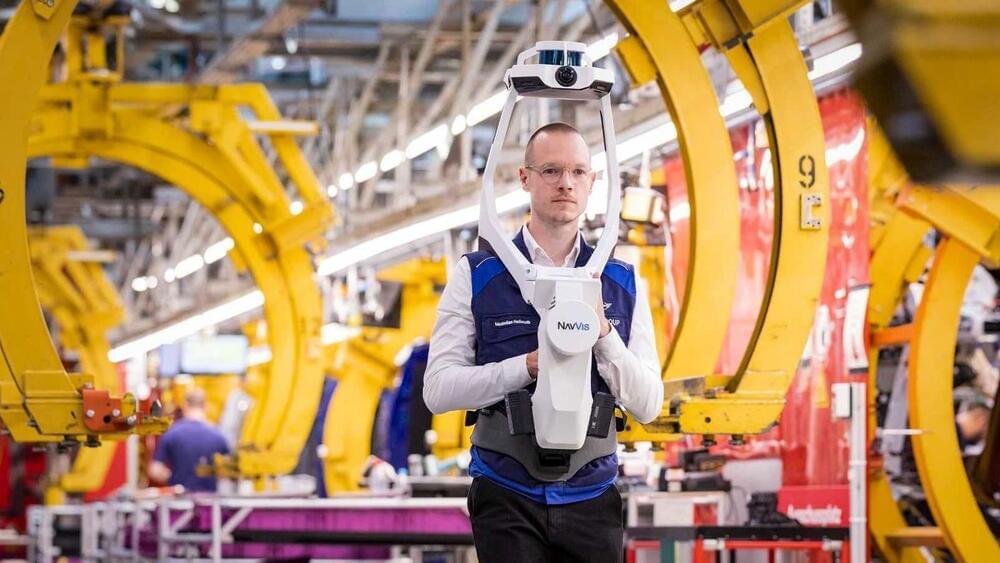
For giant manufacturers, such as Germany-based Schaeffler Group with nearly 100 factories worldwide, 10 in the U.S., streamlining production of precision industrial components is paramount. When it began to digitize its operations in 2016 to get more real-time data from the shop floor, Schaeffler realized that it wasn’t enough to digitize the manufacturing processes, inventory, workforce, and logistics; it also had to digitize the physical manufacturing environment itself.
Its efforts to 3D scan each facility and create full-color lifelike digital twins, has, so far, resulted in significant time and cost savings. “Project lead times for data capture are up to 80% shorter compared to traditional methods,” says Roberto Henkel, Schaeffler’s senior VP of digitalization and operations IT. The full-color digital twins of its factories enables “far more efficient communication and planning among departments and third-party vendors.”
As the company accelerates its factory relocation to shorten supply chains and move production closer to customers, accurate factory digital twins have played a key role and also delivered some unexpected benefits.

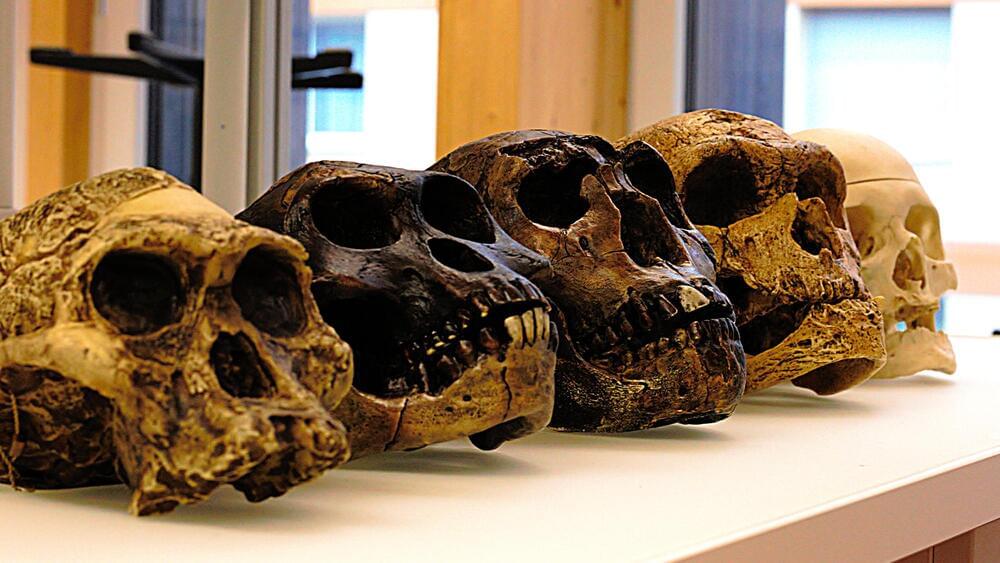
A team of scientists from the United States, Italy, and China may have finally explained a large gap in the African and Eurasian fossil record. According to a model in a study published August 31 in the journal Science, the population of human ancestors crashed between 800,000 and 900,000 years ago. They estimate that there were only 1,280 breeding individuals alive during this transition between the early and middle Pleistocene. About 98.7 percent of the ancestral population was lost at the beginning of this ancestral bottleneck that lasted for roughly 117,000 years, according to the study.
[Related: Want more eye-opening science stories? Sign up for a PopSci newsletter.].